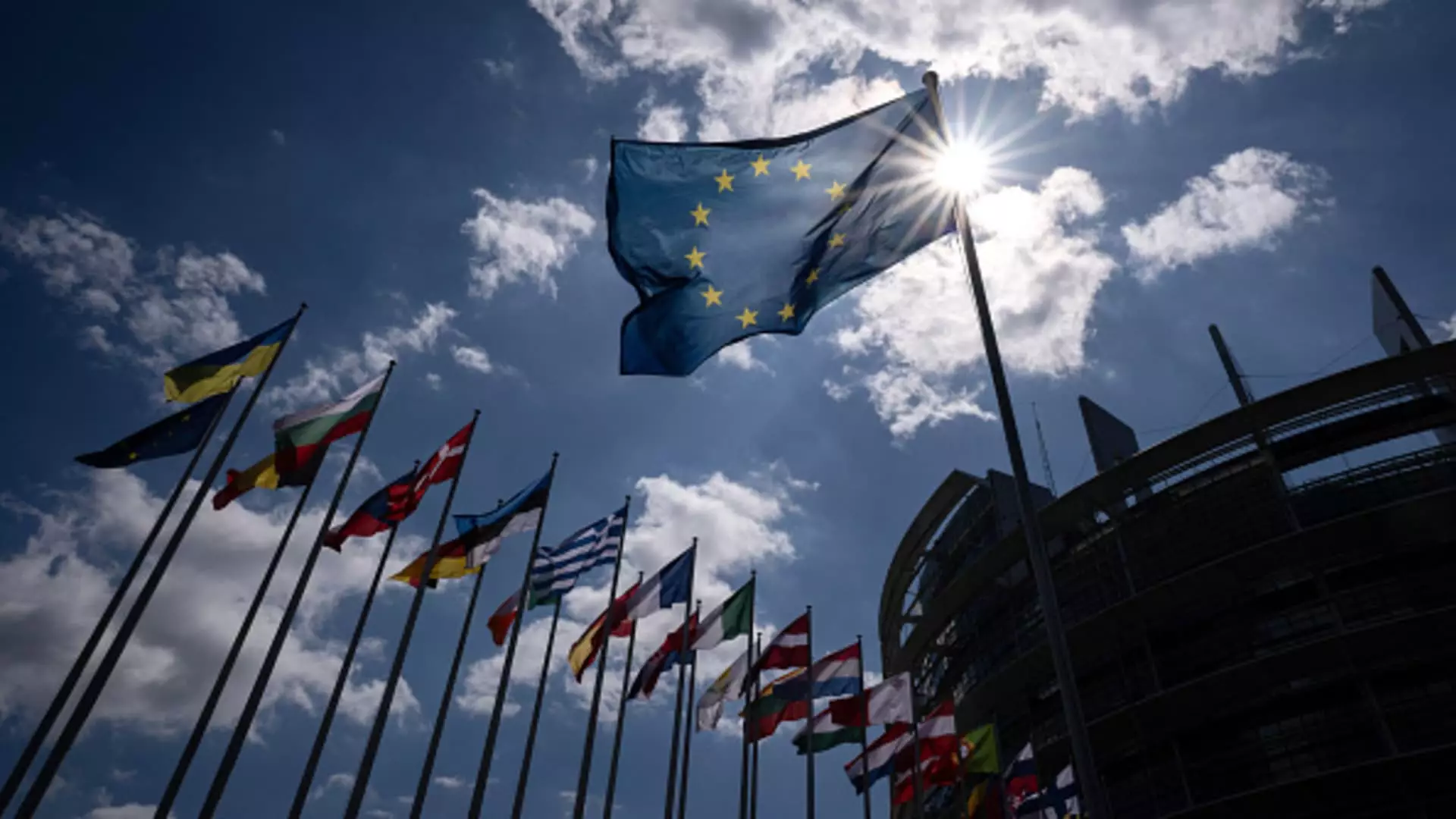The European Union elections have been underway, with millions of voters expected to cast their ballots. From age requirements to voting systems, there are many factors that go into these elections that determine the composition of the European Parliament. With growing support for far-right parties and changing priorities within the EU, these elections are crucial for shaping the future of the bloc.
The voting process for the European Union elections is a complex one, with citizens from 27 member countries eligible to vote for 720 members of the European Parliament. The voting age varies across countries, with some allowing 16-year-olds to vote, while others require voters to be at least 17. The majority of votes are cast on the final day of voting, with turnout playing a significant role in determining the makeup of the parliament.
Results and Implications
Far-right parties have been gaining support in Europe, with parties like Dutch nationalist Geert Wilders’ Party for Freedom making significant gains in recent elections. This shift in political landscape has raised concerns about the direction of the EU parliament and the potential impact on policies related to immigration, defense, and the environment. Analysts predict a more protectionist approach following the elections, with defense becoming a key focus.
The European Parliament plays a crucial role in shaping policies and regulations within the EU. From addressing social and economic issues to tackling climate change and defense, MEPs have the power to create and decide on laws that impact member states. The parliament also has a say in the EU budget and elects key positions, such as the president of the European Commission.
The European Union elections are not just about casting a vote, but they have far-reaching implications for the future of the bloc. With changing political landscapes and shifting priorities, the composition of the European Parliament will play a key role in shaping policies and regulations that affect millions of people across member states. It is essential for citizens to stay informed and engaged in the electoral process to ensure that their voices are heard at the EU level.



Leave a Reply